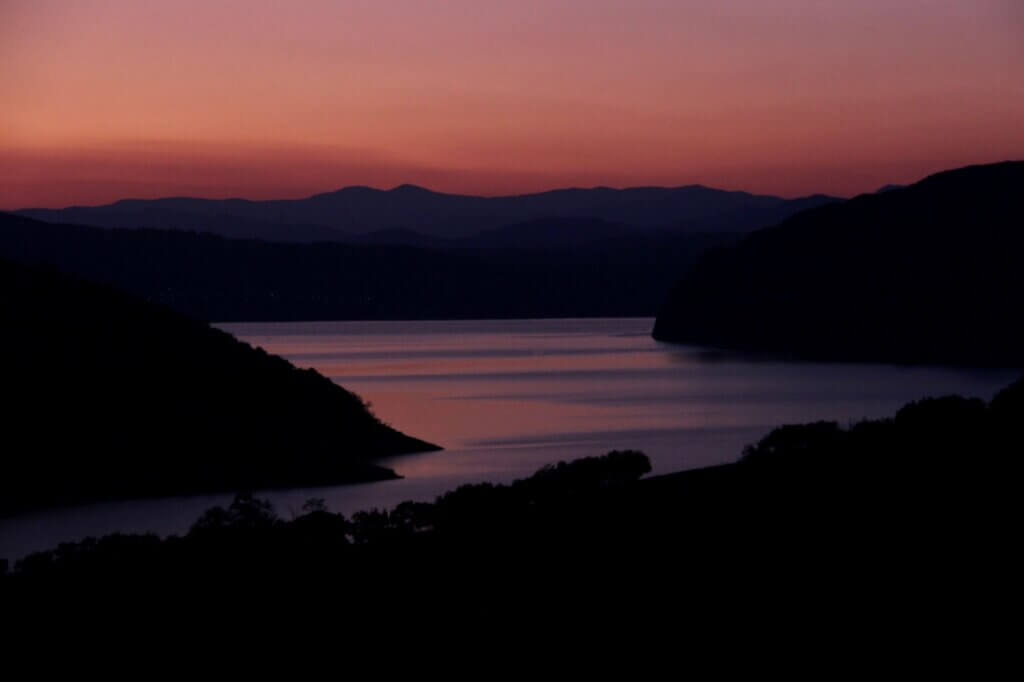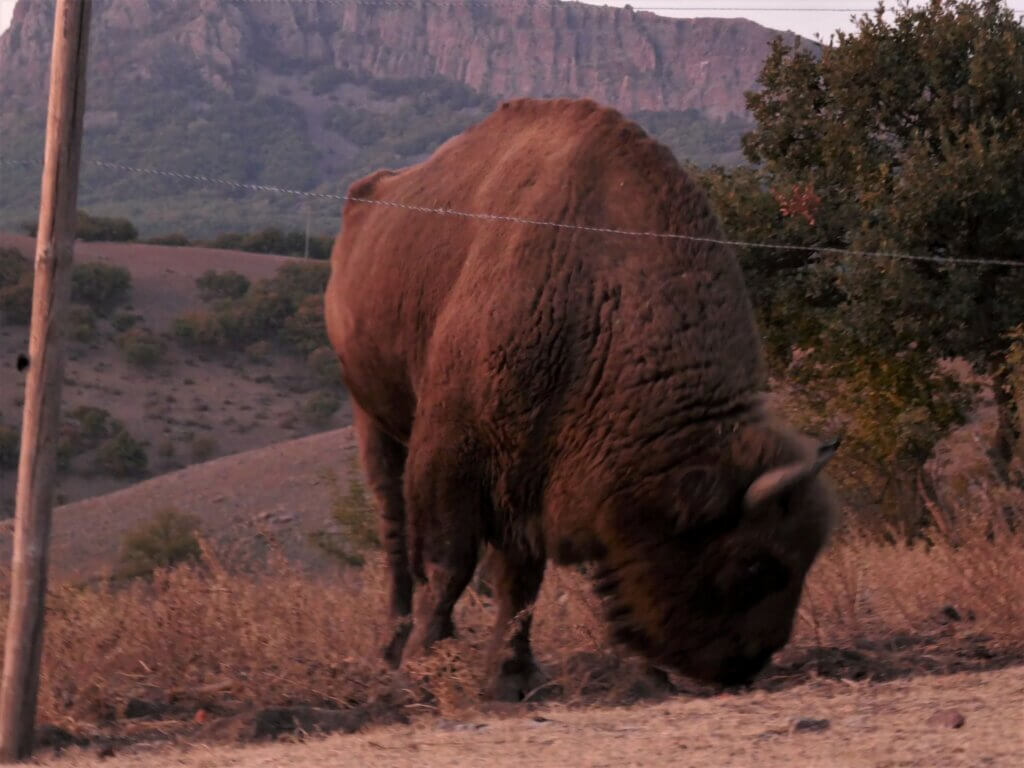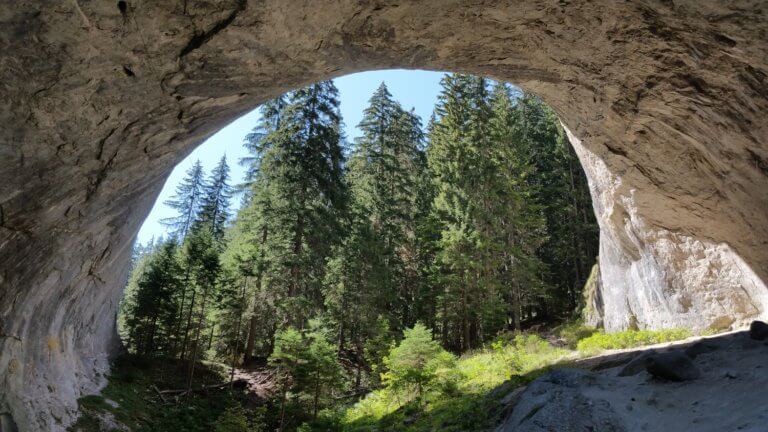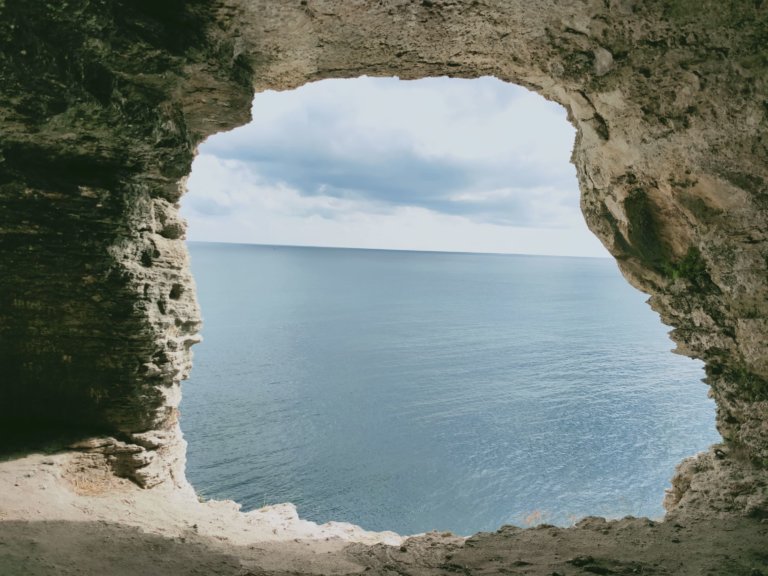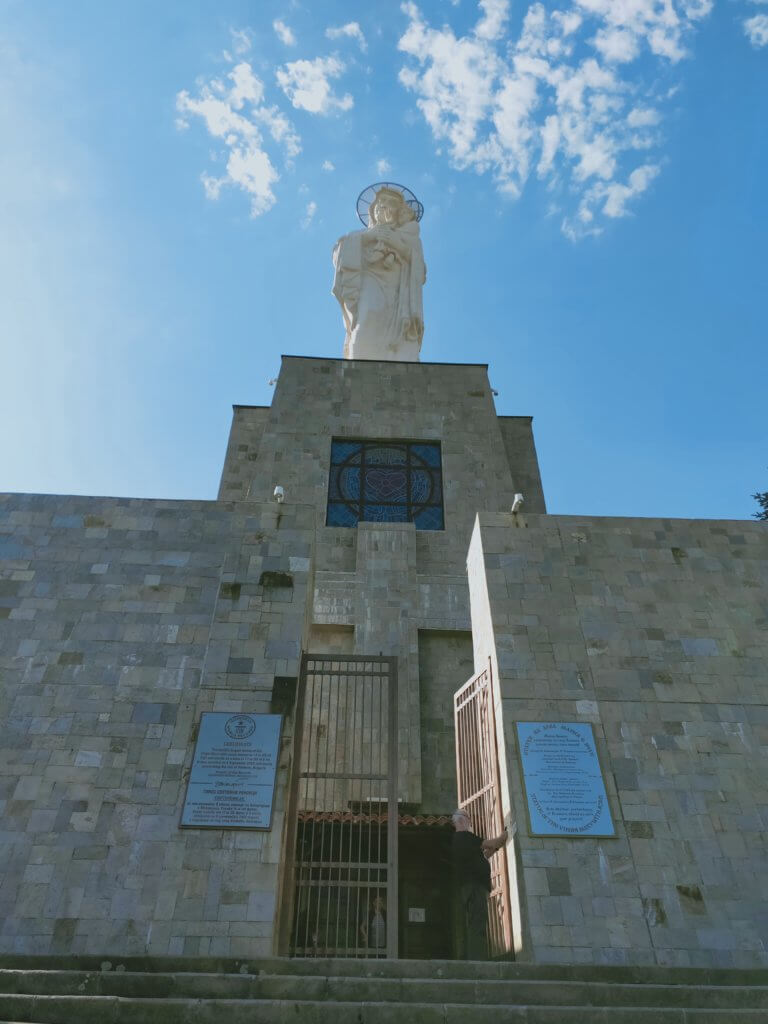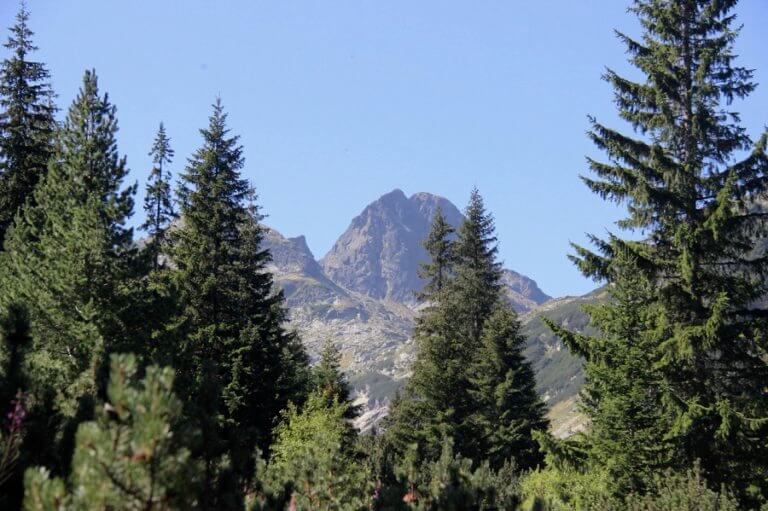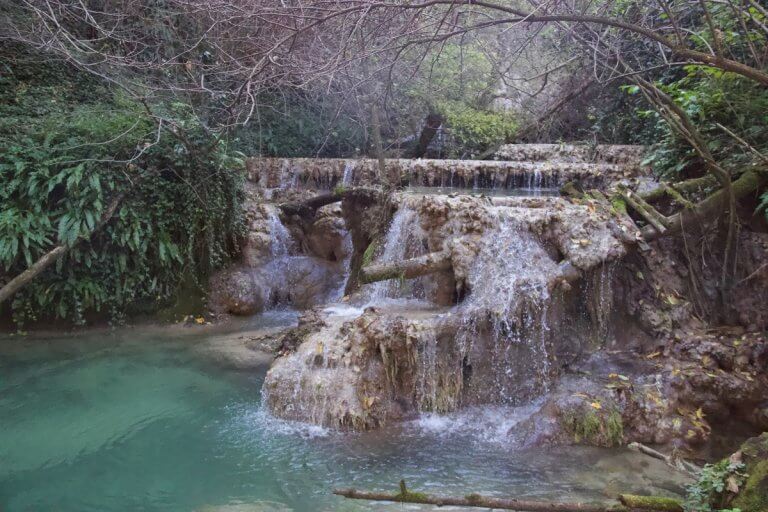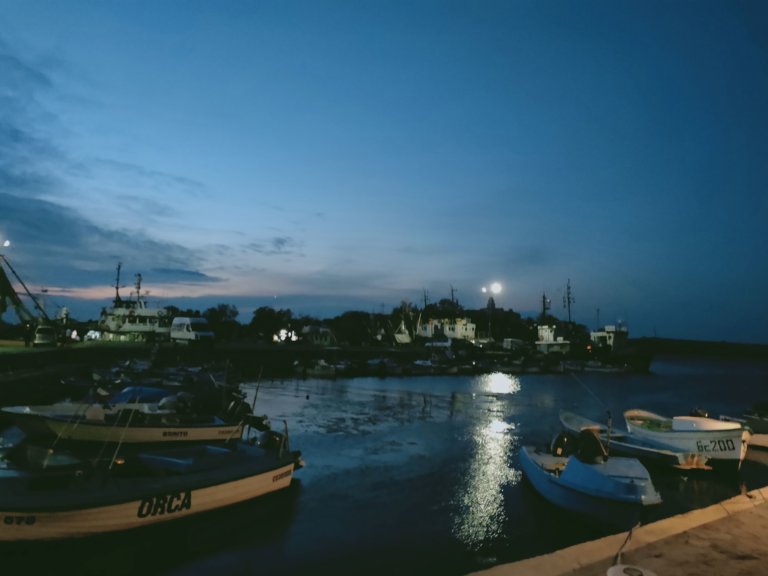The primary joy of travel is the people you meet and the passions they share. Today in the Eastern Rhodopes in Bulgaria was one of those days…
Day 156 October 2nd 2019 near Khadzalli, Eastern Rhodopes Bulgaria
We coined the term ‘Unicorn moments’, to describe the unexpected and wonderful moments of life and travel. Nadia often finds unicorn moments – most of which are not in our itinerary. Moments we would be unlikely to find for ourselves.
Our Unicorn moment was meeting Hristo (Hristo Hristov) and Desy (Desislava Kostadinova) along with some of the wildlife they are passionate about.
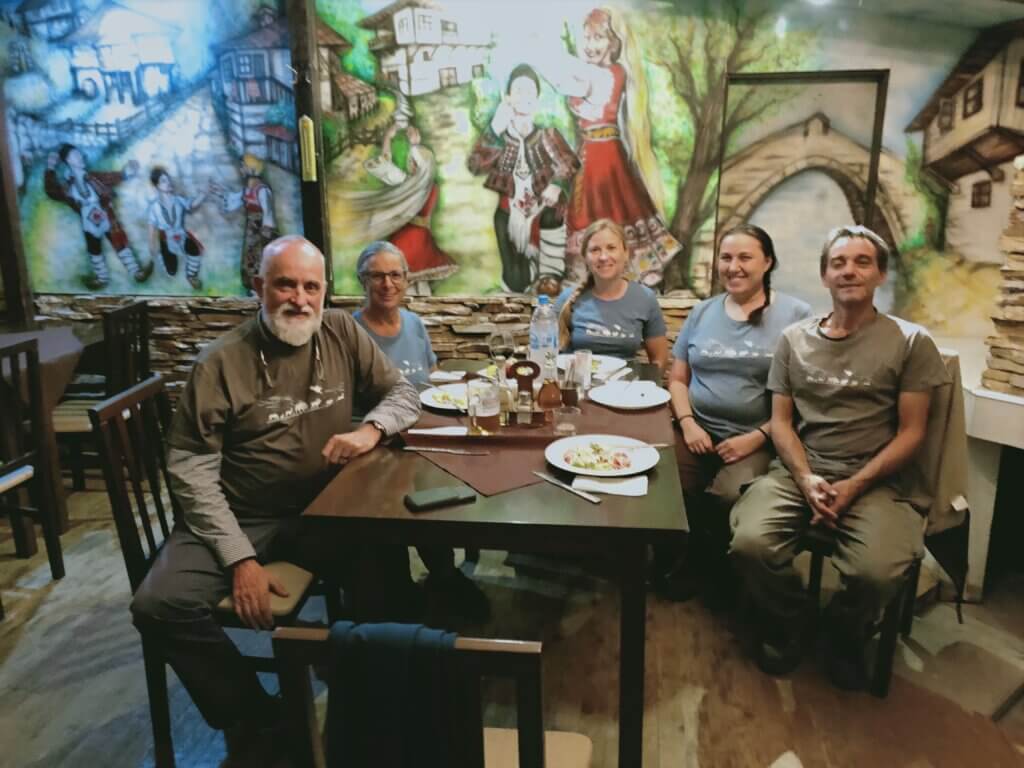
This encounter led us also to discover Rewilding Europe who now has a growing number of sites across Europe including a project at the Danube delta with a partnership between Ukraine and Romania. And Bulgaria of which this Rewilding Rhodopes is a part. As we researched we also discovered there was also a Rewilding Australia.
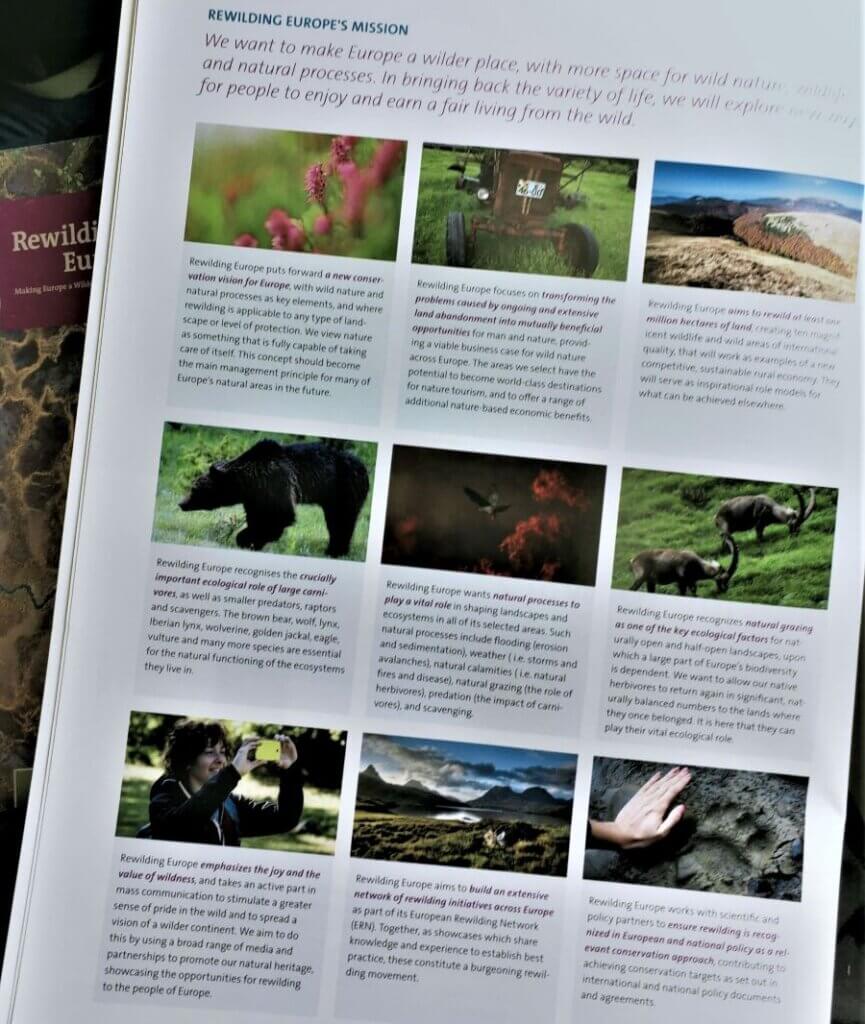
A passionate team at Rewilding Rhodopes have re-introduced Fallow deer, ancient cattle, and wild horses. Yesterday we had learned about the Eastern Rhodope Vulture program supported by Rewilding Europe and BSPB Birdlife Bulgaria. Egyptian Vulture breeding is an important part of this Vulture program. Even with protected areas, the Vultures are still at risk. 15 vultures died the previous month from poisoning – this poison laid for wolves kills the vultures hunting for food.
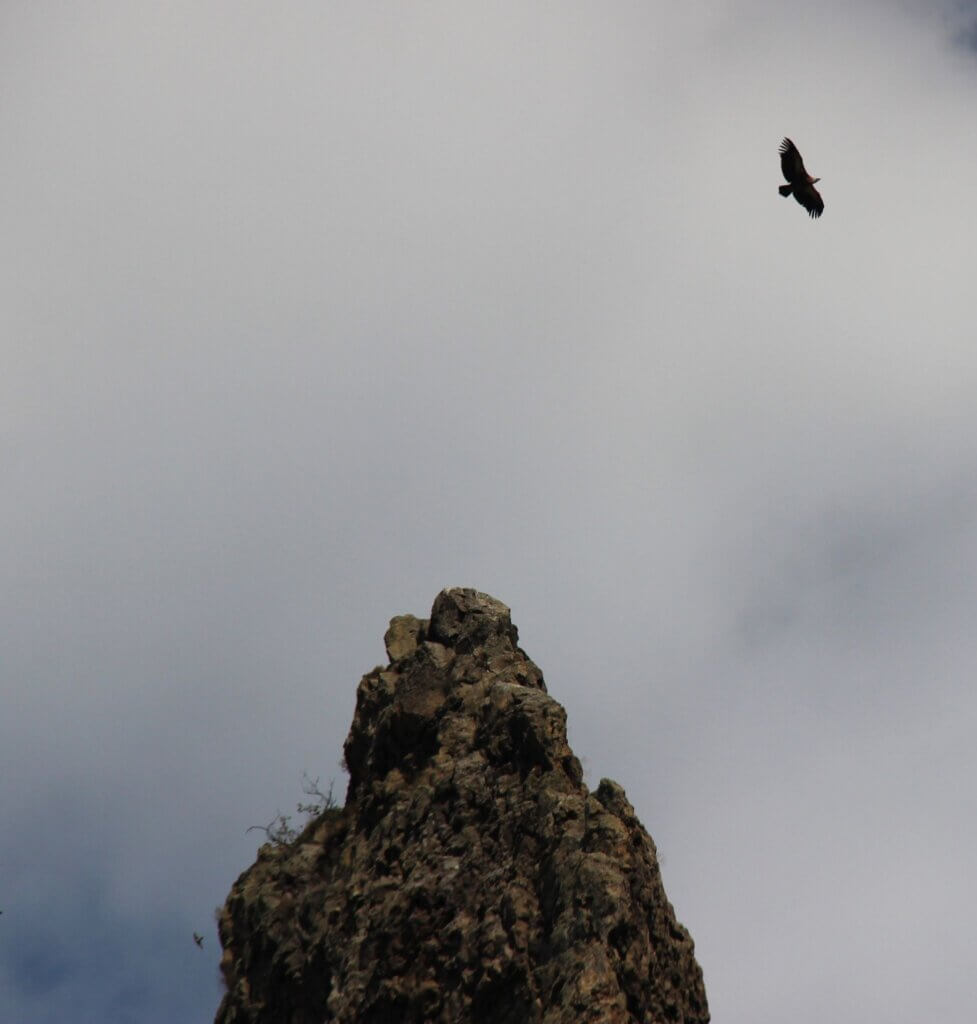
When asked about achievements of Rewilding in the Rhodopes it was a rapid-fire list: Reintroduced Red and Fallow deer. Protecting Egyptian vulture nests. Tagging vultures and tracking transmitters. Anti-dog poisoning units. Wildlife hides. Also advances in tourism to support the wildlife for example the Vulture hide can be visited for a daily visit cost. Nature Based Economies are being encouraged. e.g Kayaking, Hide visits, European Safari Company.
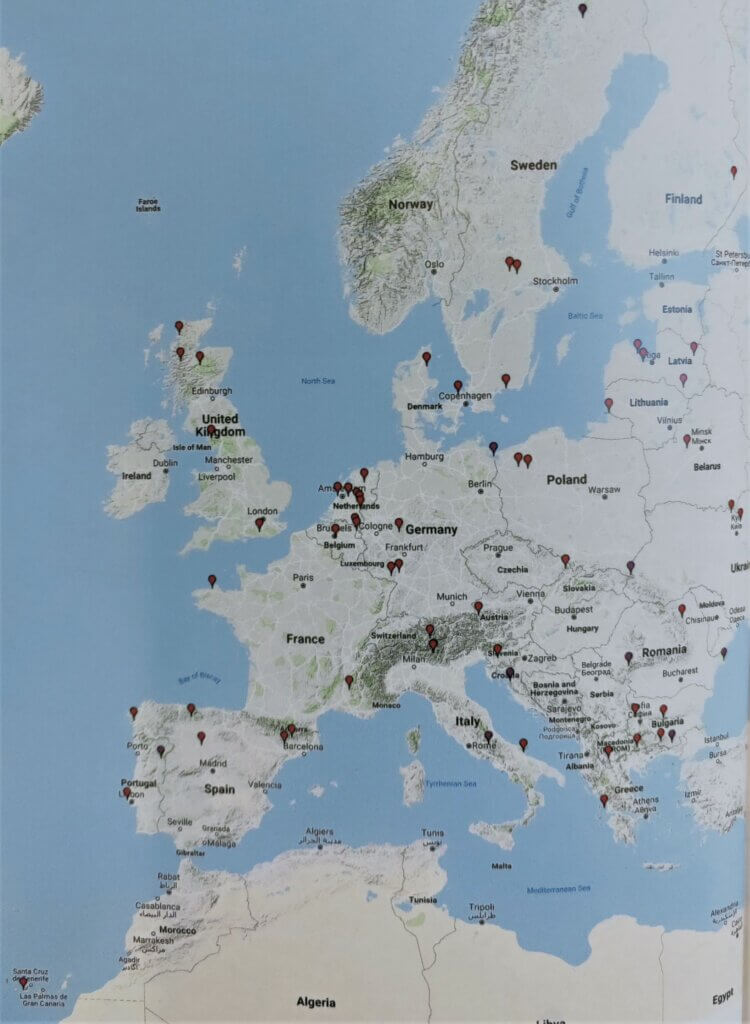
Back to today – Hristov and Desy were our hosts. First lunch before travelling out to their workplace -more specifically country where the animals were being reintroduced and “rewilded”.
Hristo, (a vet), told us of his first project which began when he was at university. He and three colleagues found three Griffon vultures reportedly extinct in Bulgaria. They were in the same area we had been kayaking the day before. Each of the four students contributed 10 lv ($8 AUD) a month to hire a van and obtain fresh meat from a local butcher. They fed the birds and attracted others this expanded to today when there is now a fully fledged vulture project which has over 90 breeding pairs.
Our first stop required a rocky ride along deeply rutted roads, past small villages, and a variety of farm animals wandering the roads. Our hope was we would spot wild horses at one of their usual habitats. The road took us high into the mountains where we stopped on an outcrop with an expansive view over the East Rhodope mountains with the deep rocky valley spreading out below. Rewilding Rhadope covers an expansive area of approximately 250,000 hectares.
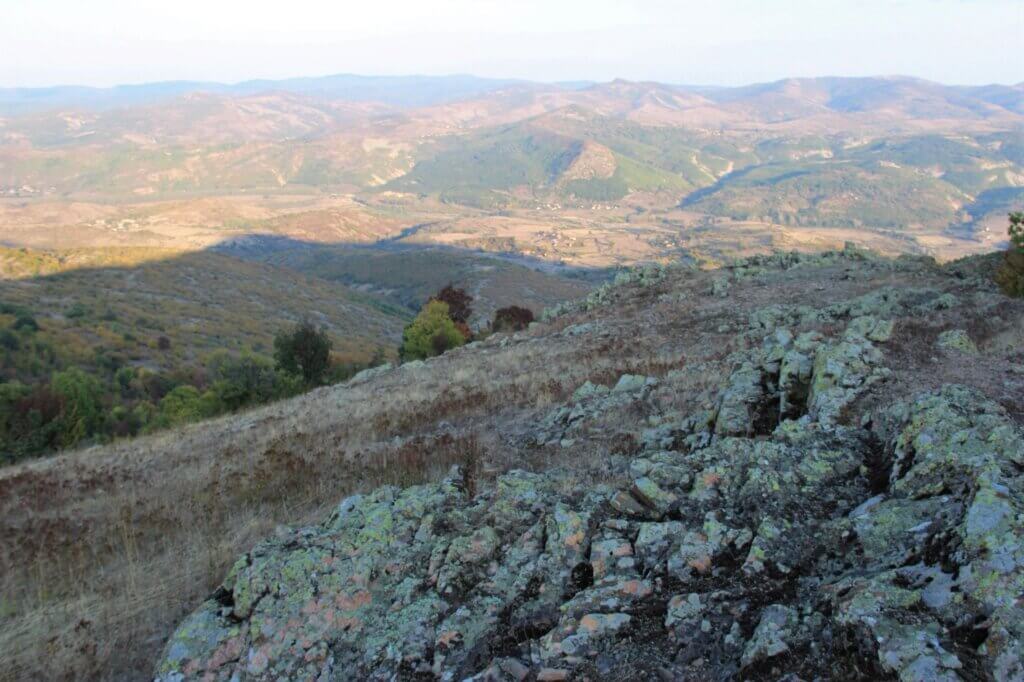
On this day the horses were out further than we could see. A lack of rain had dried up water sources sending the horses further afield searching for water. The beauty of the countryside more than compensated for the missing horses. We understood this “wild” life is not at our bidding.
The original wild horses of the region are extinct. Horses with DNA most like the now-extinct wild horses have been researched and introduced. Konik and Karakachan breeds have been introduced. The Konik being an ancestor of the ancient Tarpan.
Crowding into the 4WD we ventured back to see the newly formed and growing Bison herd. In 2017 two further European Bison joined the herd and breeding is slowly expanding the family. Protected and cared for by Rewilding Rhodope’s Hristo and Desy, along with a thin protective fence.
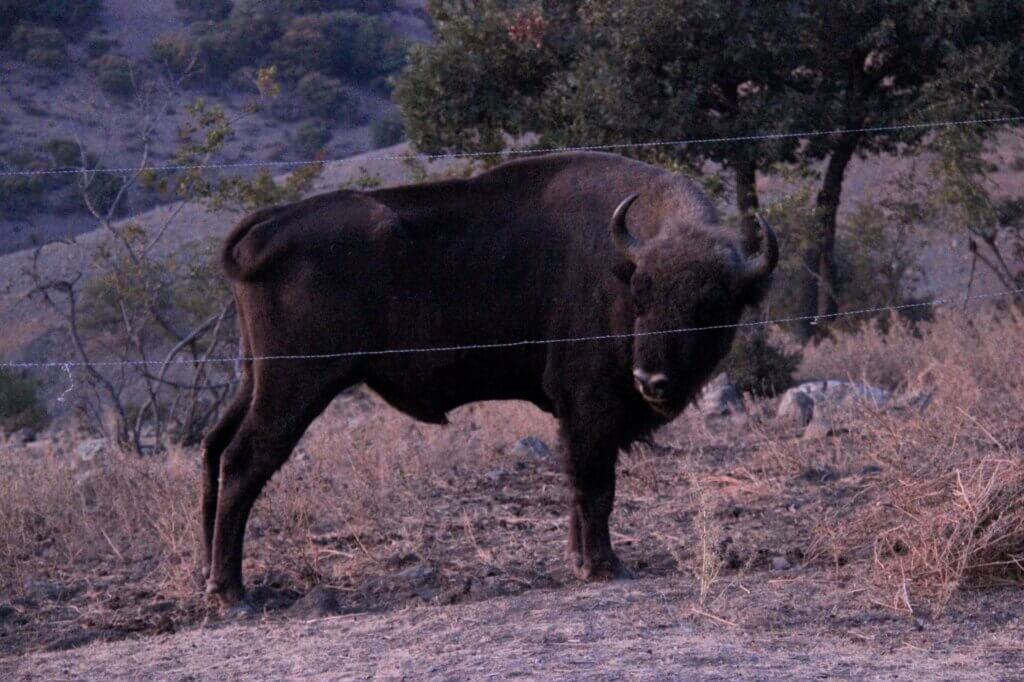
Dinner time for the Bison and an incredible opportunity to be up close and not too personal to these huge lumbering animals. Watching the sunset and the colour of their fur turn deeper red reflecting the setting sun we quietly stood and watched as long as there was light.
As the sun finally set and Bison finished their meal we headed back into Khadzalli for our dinner and an animated discussion about the ongoing work.
